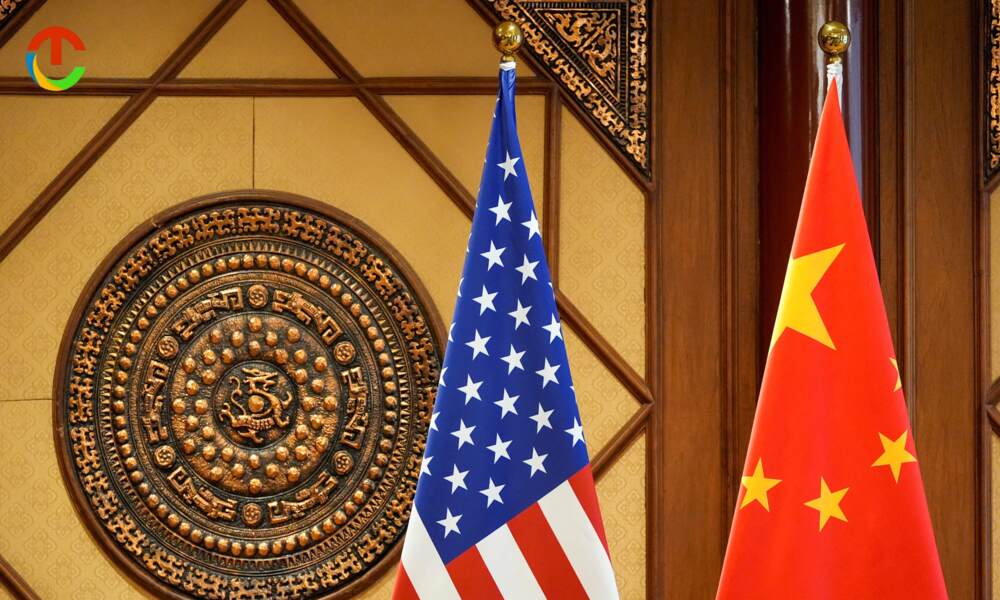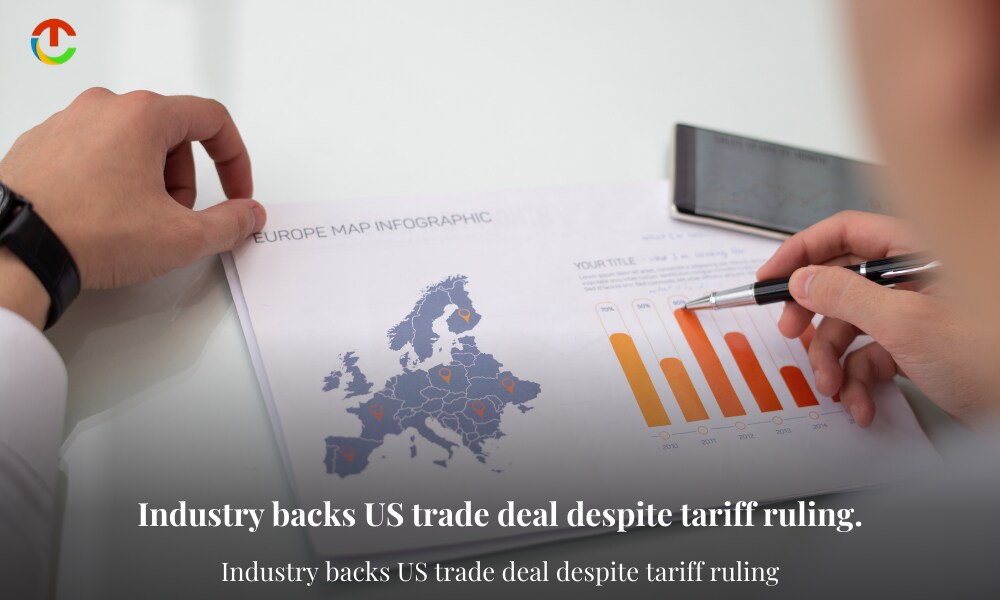In a strong response to the accusations levied by former U.S. President Donald Trump over China’s role in fentanyl trafficking, Chinese officials have sharply shifted the blame. Beijing emphasized that the opioid crisis in America is a domestic issue, asserting that fentanyl production and abuse are rooted within U.S. borders.
China’s Trade Tensions
The exchange comes amid ongoing trade tensions between the two nations, which have been fraught with tariffs and accusations since Trump’s presidency. Trump had previously suggested that China was complicit in sending fentanyl to the U.S., exacerbating the country’s ongoing opioid epidemic. However, Beijing strongly rejects these claims, stating that any issues with fentanyl are more reflective of American policy and domestic challenges.
China’s Ministry of Foreign Affairs issued a statement that contradicted Trump’s claims. According to the ministry, “Fentanyl is America’s problem,” and the country should focus more on addressing its internal challenges rather than shifting blame onto China. Beijing has continuously rejected accusations of negligence in curbing the flow of illicit drugs to the U.S., even after several rounds of international talks and pledges to curb fentanyl exports.
The issue of fentanyl has been a critical point of contention between the two nations for years. Despite China’s actions to implement stricter regulations and cooperate with global efforts to control the flow of fentanyl-related substances, Trump’s rhetoric often highlighted Beijing as a primary source. The U.S. remains one of the largest consumers of fentanyl, with much of the illegal supply arriving through various illicit networks.
China’s Trade Tensions and Domestic Challenges
Trade relations have been in a state of flux ever since the U.S.-China trade war, which began under the Trump administration. The economic battle escalated into a broader geopolitical struggle, with tariffs on hundreds of billions of dollars’ worth of goods. Although the trade war formally concluded with a partial agreement in 2020, tensions persist, fueled by both economic and political grievances.
China has repeatedly emphasized that it is committed to taking steps to combat the global fentanyl crisis. In recent years, the Chinese government has taken significant actions to reduce the production of fentanyl and its analogs. However, the global issue of fentanyl abuse, which is deeply entrenched in American society, requires a more comprehensive solution from within the U.S.
In response to these continuing disagreements, Chinese authorities have pointed to the complexities of drug production and trafficking. While some raw materials may originate in China, the issue is more about transnational drug networks and weak enforcement within the United States itself.
As this diplomatic and trade conflict continues to unfold, both countries are likely to remain at odds over the causes of the opioid crisis. Whether the focus shifts to improved domestic policies in the U.S. or further international cooperation remains to be seen.
The current stance from China underscores a broader theme in its foreign policy: that internal problems should be addressed domestically rather than using external scapegoats. This statement not only challenges Trump’s assertions but also calls for a reexamination of U.S. drug policy.
In conclusion, while the political and trade disputes between China and the U.S. remain unresolved, one thing is clear: both nations will need to reassess their strategies in dealing with the complex issue of fentanyl and its widespread impact.
Read more to know: Rahul Jolly : Challenging the Status Quo and Building a High-Performance Culture









